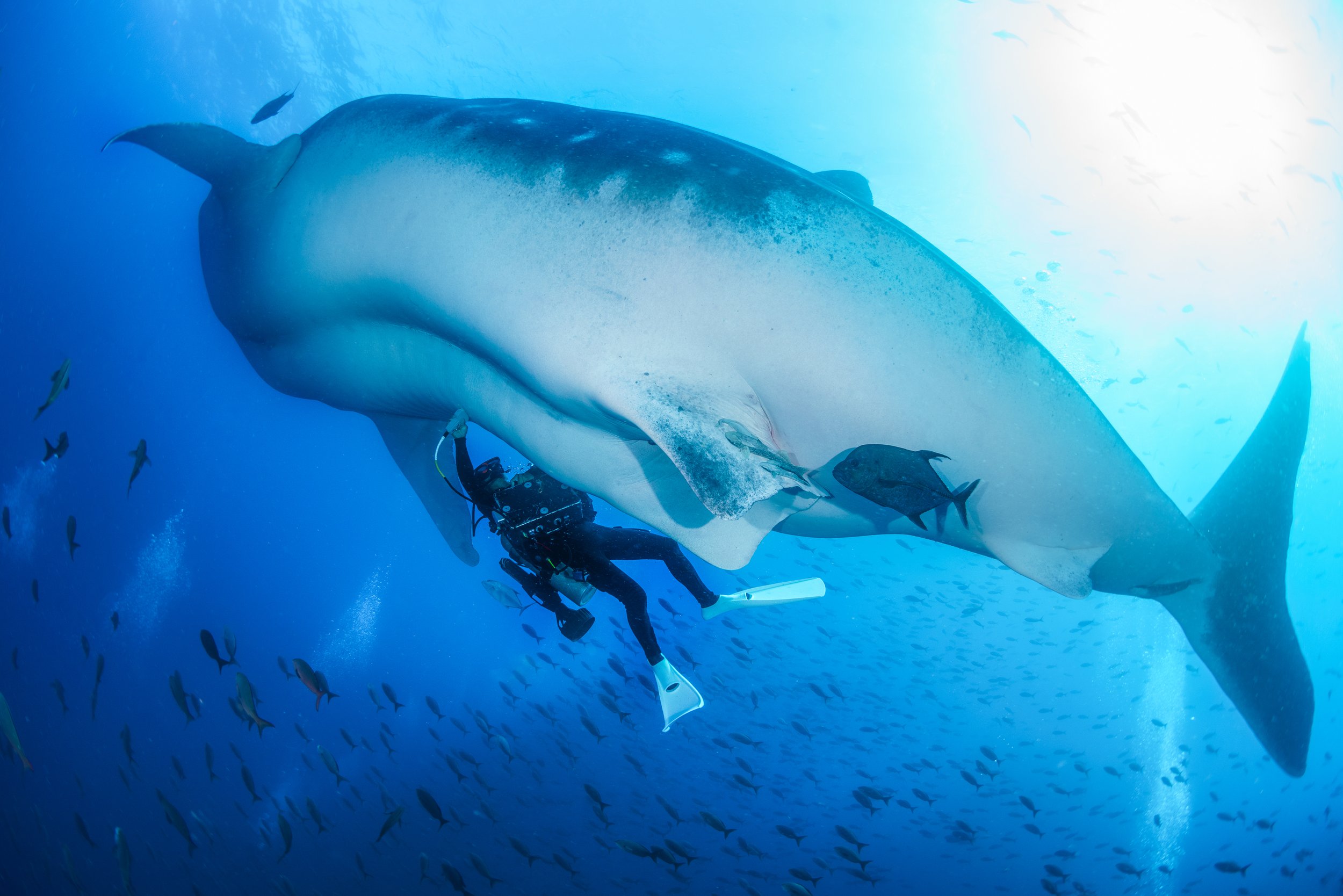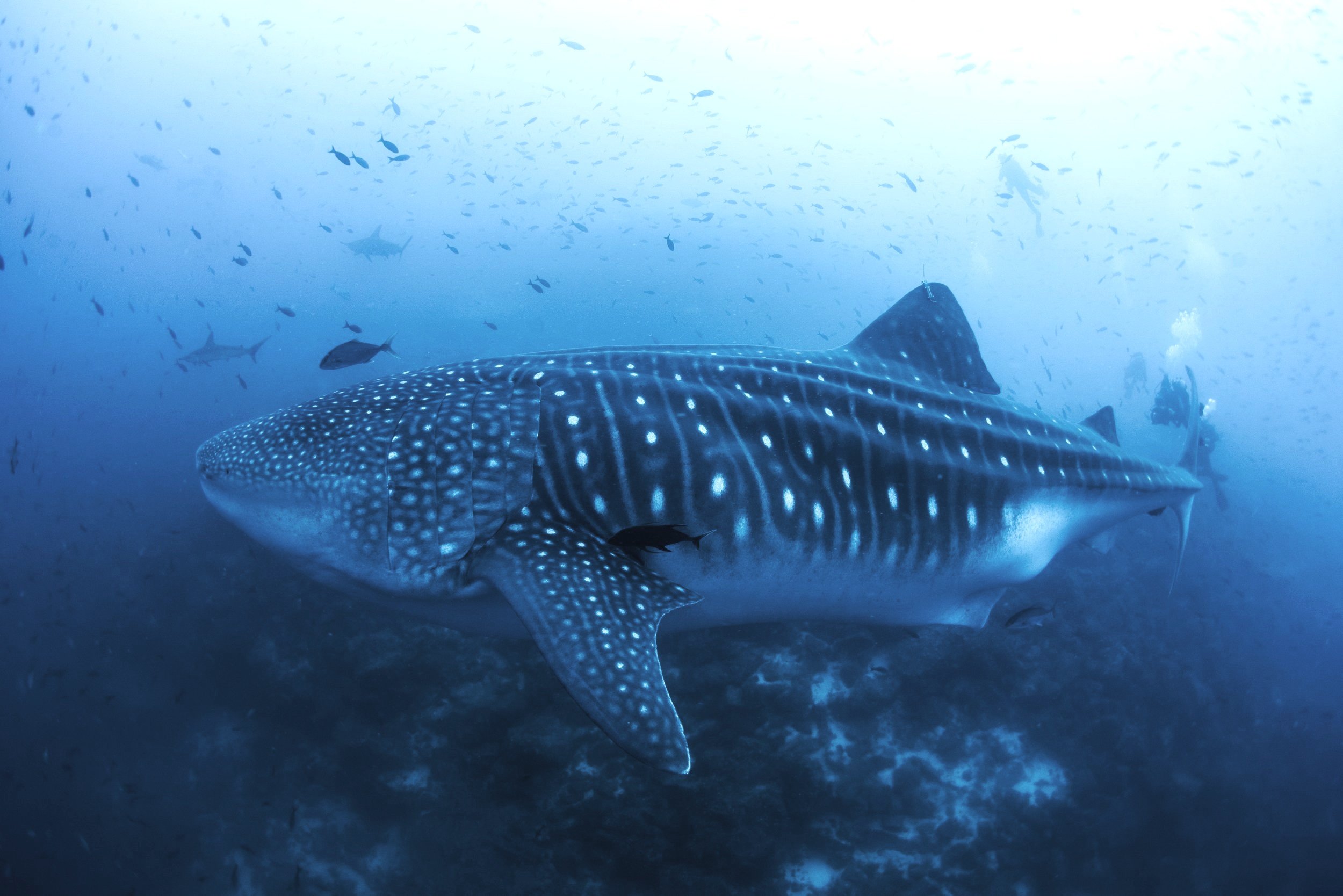Dr. Christoph A. Rohner
Principal Scientist
Google Scholar Vimeo Facebook Instagram Twitter
chris[@]marinemegafauna.org
Research Interests
Dr. Chris Rohner is a renowned marine biologist who completed his PhD on whale sharks in 2012, becoming the first to conduct doctoral research on the species in Africa. As an international expert in satellite tracking, population modeling, and shark ecology, Chris is an integral part of the Global Whale Shark Program.
With a primary research goal of gathering ecological information on threatened species to aid their conservation, Chris has explored various scientific topics. His main research themes involve movement ecology and feeding ecology of marine megafauna. To address these topics, Chris employs methods such as telemetry using satellite, acoustic and behavioral tags, tissue sample biochemistry, oceanography, and plankton microscopy. His work spans projects focusing on whale sharks, manta and mobula rays, billfishes, and turtles.
A true fieldwork enthusiast, Chris enjoys collecting data and immersing himself in hands-on research. He also relishes analyzing data and spends much of his time back at the computer, crunching numbers to advance the understanding and conservation of these incredible marine species.
Education
2013 Doctor of Philosophy (PhD)
The University of Queensland, Australia
Thesis: A global whale shark hotspot in southern Mozambique: population structure, feeding ecology, movements and environmental drivers.
2007 Honours (1st Class, University Medal)
The University of Queensland, Australia
2006 Bachelor of Marine Studies
The University of Queensland, Australia
Biography
When Chris first put his head underwater in the Red Sea on a family snorkelling trip in the 1990s he knew he was going to become a marine biologist. He wanted to work where others go on holidays, and do something useful for the natural world in the process. It has worked out nicely so far; since those early days on the coral reefs of Egypt he has conducted field research around the world from the Galapagos Islands to the Great Barrier Reef and from Mexico to the Philippines. Chris started his PhD research with MMF in Mozambique in 2009 and continues to work with MMF, now as a principal scientist.
Snorkelling and diving in some of the most amazing places on earth as part of the job also lends itself to visually documenting the underwater world and Chris has particularly dabbled into videography. He also likes swinging in the hammock and playing ukulele. He lives with his family in Australia where he has an ever-growing flock of chickens and ducks and cultivates subtropical fruit trees.
Current MMF projects
Chris is part of the Global Whale Shark Program team, playing a crucial role in advancing our understanding of these majestic creatures. He also collaborates on MMF's marlin project and employs his statistical expertise across various projects within MMF, bolstering research outcomes and advocating for marine conservation.
Global Whale Shark Program
Media
Lockdowns are no problem for whale sharks in Tanzania | Phys Org
Why the World's Biggest Sharks Love Mafia Island | National Geographic
Featured papers
Chris Rohner, Jesse Cochran, Fernando Cagua, Clare Prebble, Stephanie Venables, Michael Berumen, Baraka Kuguru, Jason Rubens, Juerg Brunnschweiler & Simon Pierce (2020) No place like home? High residency and predictable seasonal movement of whale sharks off Tanzania, Frontiers in Marine Science.
Chris Rohner, Roy Bealey, Bernerd Fulanda & Simon Pierce (2020) Movement and habitat use of striped marlin Kajikia audax in the Western Indian Ocean, Journal of Fish Biology.
Nuno Queiroz, Nicolas Humphries, [many others], Chris Rohner, Simon Pierce, [many others] & David Sims (2019) Global spatial risk assessment of sharks under the footprint of fisheries, Nature.











MMF continues to play a key role in supporting the identification of critical marine habitats.